‘Next pandemic’: Plans to improve outcomes for sexual violence complainants
Members of the Attorney-General’s advisory group are urging the government to crack down on ‘inappropriate’ defence counsel questioning in rape trials and to introduce specialist sexual assault courts.
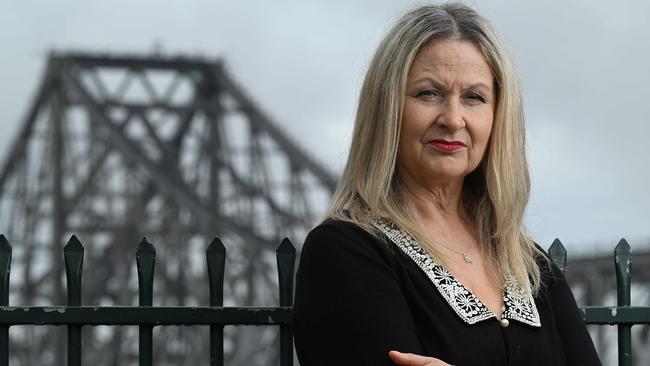
Some members of an advisory group set up by Attorney-General Mark Dreyfus are urging the federal government to crack down on “inappropriate” defence counsel questioning in rape trials, allow the use of pre-recorded evidence for complainants, and introduce specialist sexual assault courts.
The group members also call on the government to consider a “civil” alternative to criminal rape trials, where a defendant would be compelled to give evidence and the standard of proof would be lowered to the balance of probabilities, in a submission to the Australian Law Reform Commission’s wide-ranging inquiry into how the justice system handles sexual violence.
Queensland law lecturer and sexual abuse victim Amanda-Jane George, who is compiling the submission along with some other members of Mr Dreyfus’s lived-experience expert advisory group, told The Australian the sexual abuse of women and girls was “the next pandemic”.
“Globally, one in three women will experience some sort of sexual violence,” she said. “Those statistics are even more challenging when you start to look at women and girls who face intersectional issues: First Nations women and girls, culturally and linguistically diverse women and girls, communities with disability, elderly.”
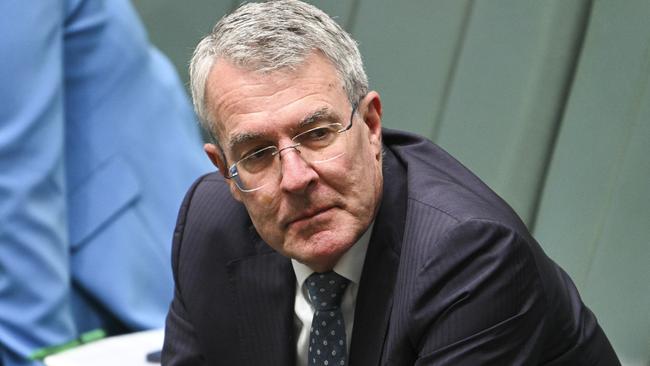
The expert group has been conducting quarterly meetings with the inquiry’s commissioners, former Victorian Supreme Court judge Marcia Neave and South Australia District Court judge Liesl Kudelka, to discuss how to achieve better outcomes for victims of sexual violence.
In her submission to the inquiry, Dr George will encourage the commissioners to investigate a series of initiatives, including:
- Independent review of prosecution decision-making;
- Vertical prosecution (where the same prosecutor is assigned to the case from beginning to end) as best practice;
- Specialist courts;
- Option to pre-record evidence;
- Improvement of access to information for complainants;
- Training for prosecutors, defence counsel, judges and court staff.
Dr George is also calling for “ground rules hearings” to become commonplace across Australian courts for sexual assault matters, where parties meet before a trial to discuss how defence counsel should question a witness.
“Ground rules hearings can do a lot of things, for example, decide on the special measures that will be required by the victim-survivor, such as giving evidence by CCTV,” she said. “Critically, in relation to cross-examination, defence counsel can tender either the actual questions they will ask or the themes of questions they will ask, and there will be a discussion around the appropriateness of those questions.”
Asked what she would say to critics who say such hearings restrict the ability of a criminal barrister to do their job, Dr George said: “There’s very little to be critical of. If the objective is actually a to obtain best evidence, which it should be, then eliciting best evidence requires reduction of any risk of retraumatisation on the part of the victim survivor.”
She said sexual violence against women should be reframed as a “human rights issue” because “only once you start to understand this whole problem as a human rights problem, (do) you start to understand the depth and breadth of the human impact it has”.
Dr George praised the “trauma-informed” judgment handed down by Federal Court judge Michael Lee in the defamation case between former Liberal staffer Bruce Lehrmann, Network Ten and presenter Lisa Wilkinson, in which he said it was “dangerous” and “superficial” to make assumptions about the reliability of a sexual assault complainant based on “so-called ‘typical behaviours’ of genuine victims”.


Dr George said it was “a great example of a leading judicial expert’s exposition in this area of trauma”.
The Lehrmann judgment has sparked discussion within legal circles about a defendant’s right to silence, with former WA Supreme Court judge Kenneth Martin telling The Australian in April it might be time to reassess the common law principle.
“When we’re dealing with one-to-one, highly private, very difficult to prove scenarios, there is room for a sensible debate about whether the right to stay out of the witness box and avoid cross-examination in such circumstances is legitimate or not,” he said.
“I think it’s something to be looked at.”
Dr George has backed a “civil approach” model proposed by the Queensland Sexual Assault Network, in which evidence would be tested on the balance of probabilities rather than beyond reasonable doubt. The proposal, which has been described as a “starting point for discussion”, would see the accused required to give evidence and be cross-examined, or else potentially have adverse inferences drawn against them.
“Under QSAN’s model, a court would determine, on the balance of probabilities, about the acts of sexual violence. If it were found to be established, a court could make a ‘sexual violence harm order’ ... against the accused,” the proposed model reads.
“This order would prove acts of sexual violence occurred but there would not be a need for the victim-survivor to ‘prove’ harm.”
Submissions for the ALRC review are open until May 24.



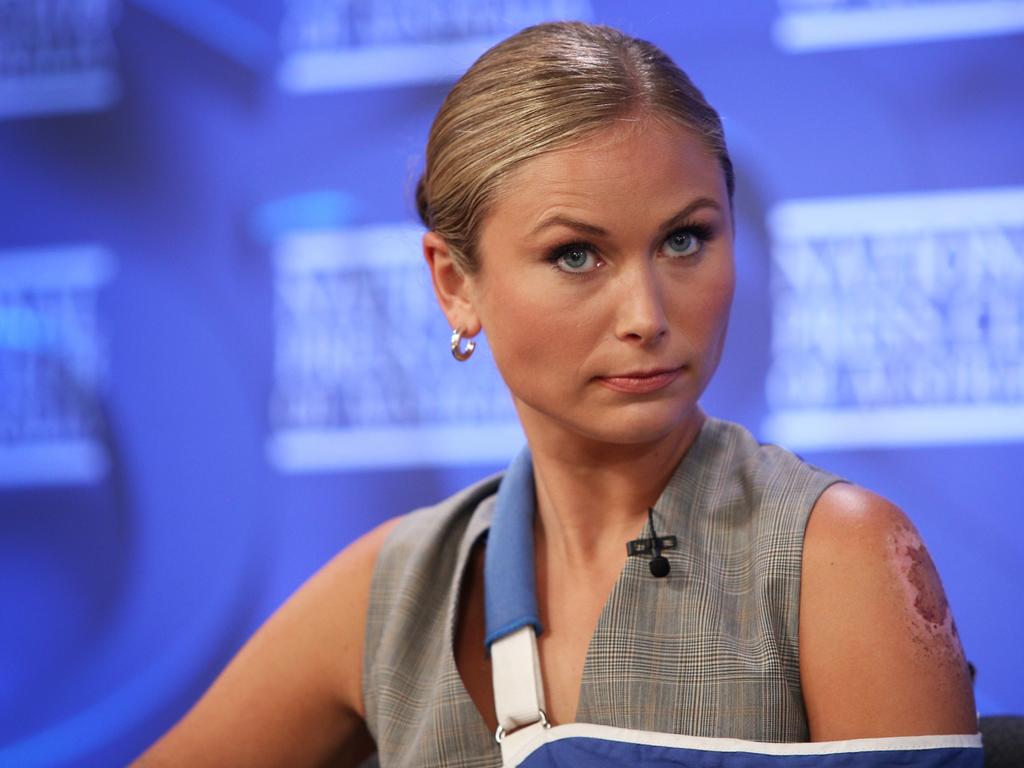
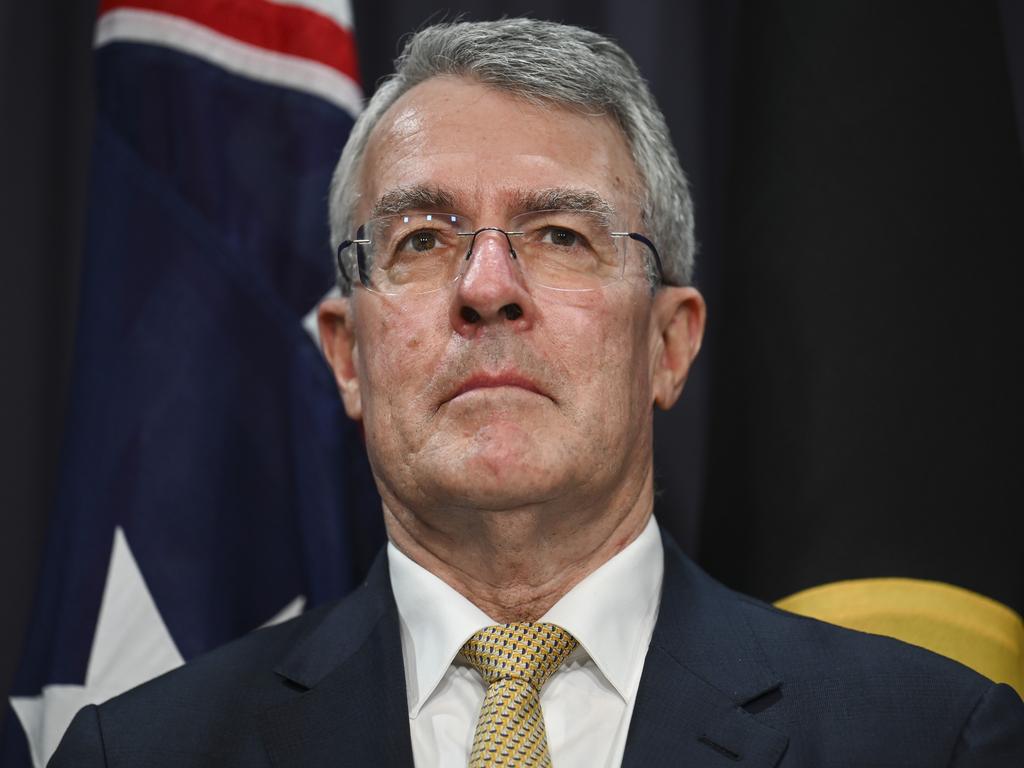
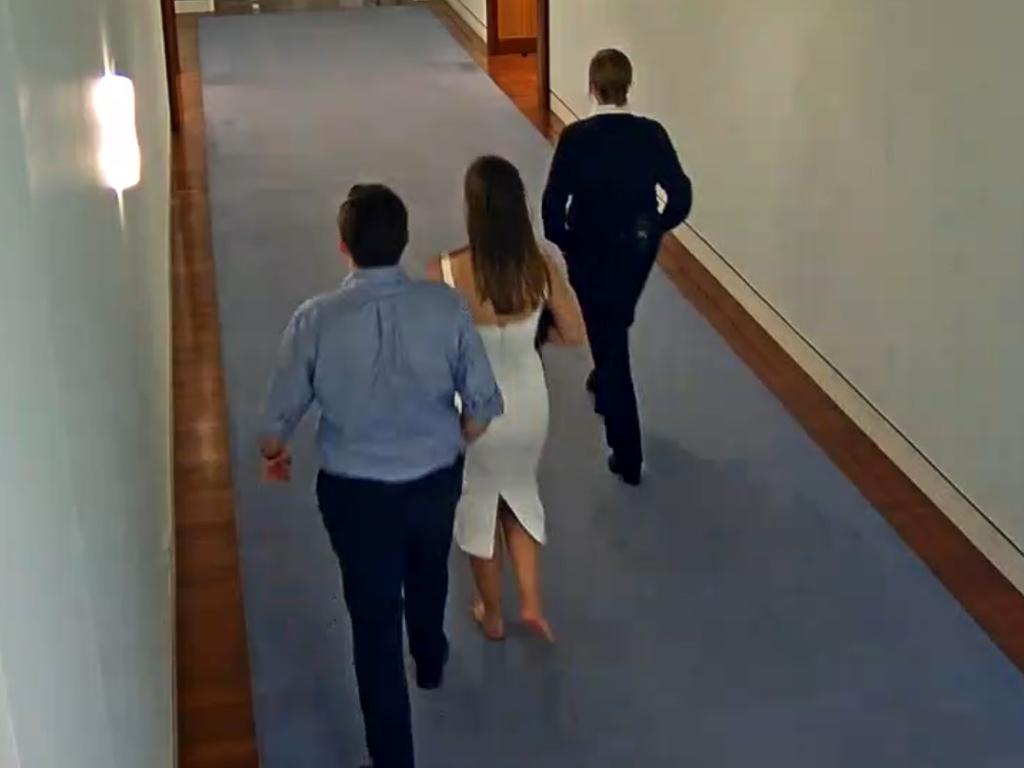

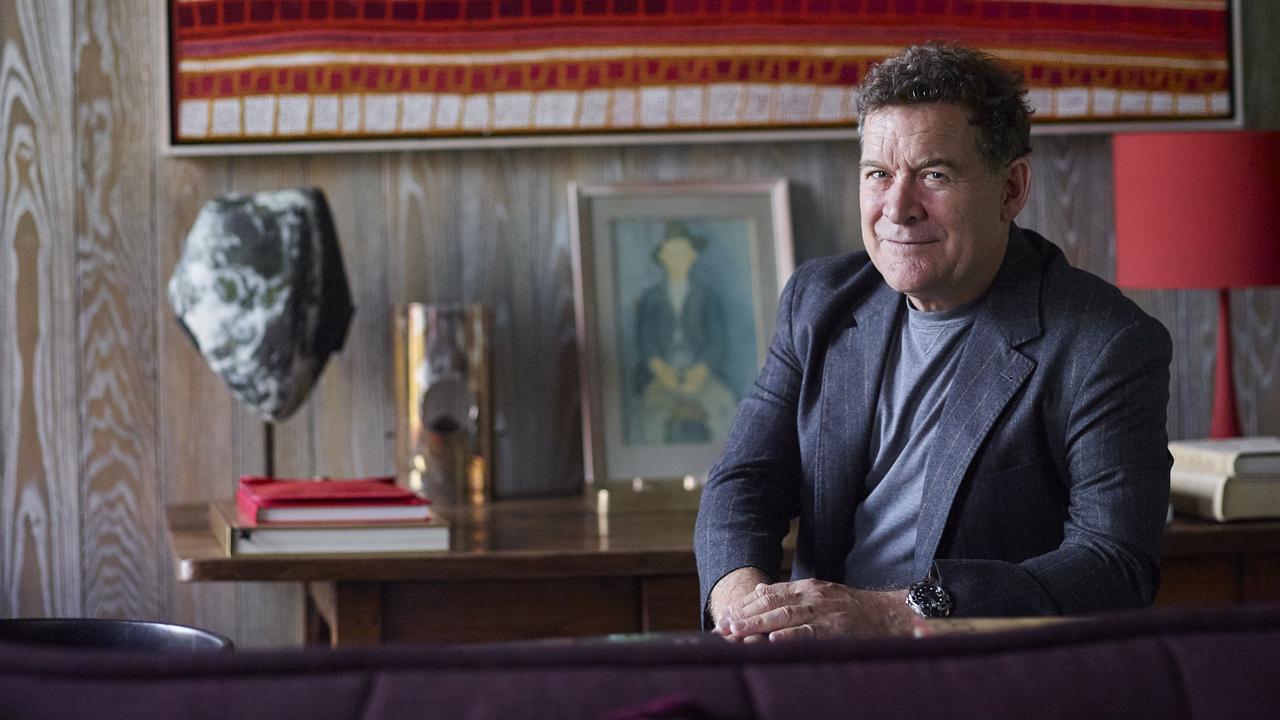
To join the conversation, please log in. Don't have an account? Register
Join the conversation, you are commenting as Logout